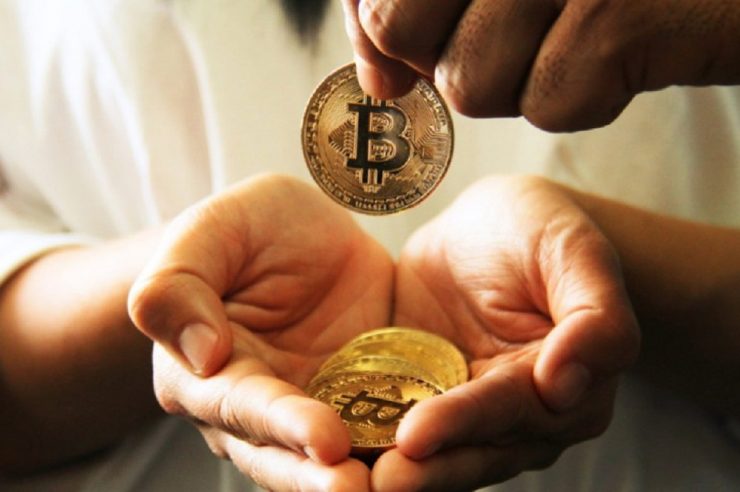The South Korean government plans to allow institutions, including universities and local governments, to cash out donated and confiscated crypto starting next year. If this is realized, it will gradually allow corporations to open virtual asset won accounts. Notably, the authorities previously blocked these from opening such accounts.
A virtual asset won account is a type of digital asset account that allows users to manage and store digital assets, such as crypto and other digital currencies.
Interestingly, many worldwide nonprofits already accept crypto donations, reflecting its growing recognition as a legitimate donation means. Some notable examples include the American Cancer Society and the American Red Cross. These organizations have partnered with crypto payment processors like Coinbase to accept donations in various digital assets.
Accepting Crypto Donations
In line with the latest plans, South Korea’s Financial Services Commission is set to release a roadmap by the end of this month for allowing corporations to open virtual asset won accounts. Currently, corporations can not open these accounts because banks restrict issuance based on anti-money laundering guidelines.
The plan is to roll out the account opening in phases, starting with central government ministries, local governments, public institutions, universities, and non-profit corporations. These entities will only need to cash out donated virtual assets rather than invest in crypto.
In the second stage, crypto exchanges and related businesses can open won accounts. The government claims to advance the crypto industry by allowing businesses to open their accounts. However, there are concerns that the Asian country is slow in allowing general and financial companies to engage in other crypto transactions.
Why the New Plan?
South Korea’s financial authorities have explained that allowing corporations to hold virtual asset won accounts is a necessary step, given the existing reality of the crypto market. Despite maintaining that crypto is not an investment asset, the authorities acknowledge the need to institutionalize it, especially considering United States President-elect Donald Trump’s proposal to stockpile 1 million BTC.
However, the authorities are cautious, restricting account issuance to general corporations and financial institutions until detailed regulations and infrastructure are established. Additional legislation is required to address the needs of the crypto market fully.
Meanwhile, as the use of crypto for donations continues to grow, more institutions, ministries, and local governments in South Korea and other parts of the world are likely to explore this new funding method.
Find Cryptocurrencies to Watch and Read Crypto News on the Go Follow CryptosToWatch on X (Twitter) Now

